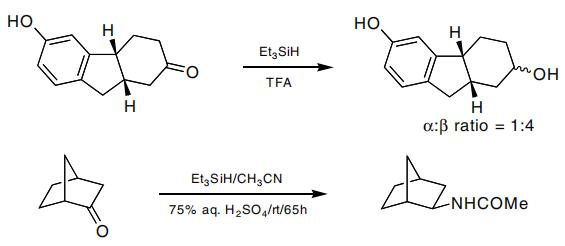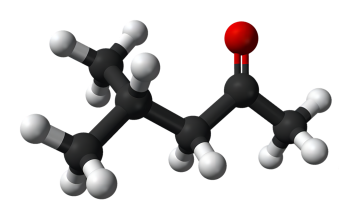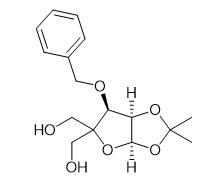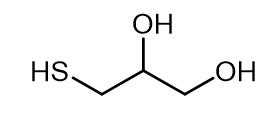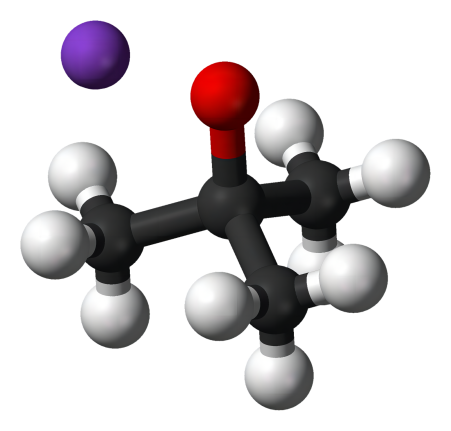The organic raw materials are petrochemicals made of petroleum and natural gas, and the industries of various organic chemical products are produced or fractionated by the raw material gas after coal gasification and the coal tar recovered by dry distillation. In China's organic chemical industry, the first acetylene route from coal-based calcium carbide, coalification to methanol, formaldehyde route and recovery of coal tar in benzene, naphthalene, anthracene and other routes and the use of grain as raw material fermentation distillation to produce alcohol routes. Organic raw materials are widely used and can be divided into three aspects: one is the raw material used to produce polymer chemical products, that is, the monomer for polymerization; the other is used in other organic chemical industries, including raw materials for fine chemical products; Used in solvents, refrigerants, antifreezes, gas adsorbents, etc. Basic organic chemicals are the basis for the development of various organic chemical products and are a major component of modern industrial structures.
Asymmetric Silane Reductions
The passage is about asymmetric silane reductions.
Nov 25,2022 Organic ChemistrySilane Reduction of Ketones
The passage is about the silane reduction of Ketones.
Nov 25,2022 Organic ChemistryThe Synthesis of Sulfolane
The passage introduces the synthesis of Sulfolane, also mentions the uses of it.
Nov 24,2022 Organic Chemistry4-Methyl-2-pentanone: Hazards and Storage
The passage introduces the hazards and storage of 4-Methyl-2-pentanone.
Nov 23,2022 Organic ChemistryLearn More About Ammonium Acetate
The passage introduces the physical and chemical properties, uses and hazards of Ammonium acetate.
Nov 22,2022 Organic ChemistrySuccinic Acid: Solubility and Mechanism of Action
The passage introduces the solubility and mechanism of action of succinic acid.
Nov 22,2022 Organic ChemistrySynthesis and Application of 3-O-Benzyl-4-(hydroxymethyl)-1,2-O-isopropylidene-a-D-ribofuranose
3-O-Benzyl-4-(hydroxymethyl)-1, 2-O-isopropylidene-a-d-ribofuranose is a research chemical.
Nov 22,2022 Organic ChemistryApplication of 3-Mercapto-1,2-propanediol
3-Mercapto-1,2-propanediol is a chemical.
Nov 22,2022 Organic ChemistryThe Uses of Potassium Tert-butoxide
The passage introduces the uses of Potassium tert-butoxide.
Nov 21,2022 Organic Chemistry




